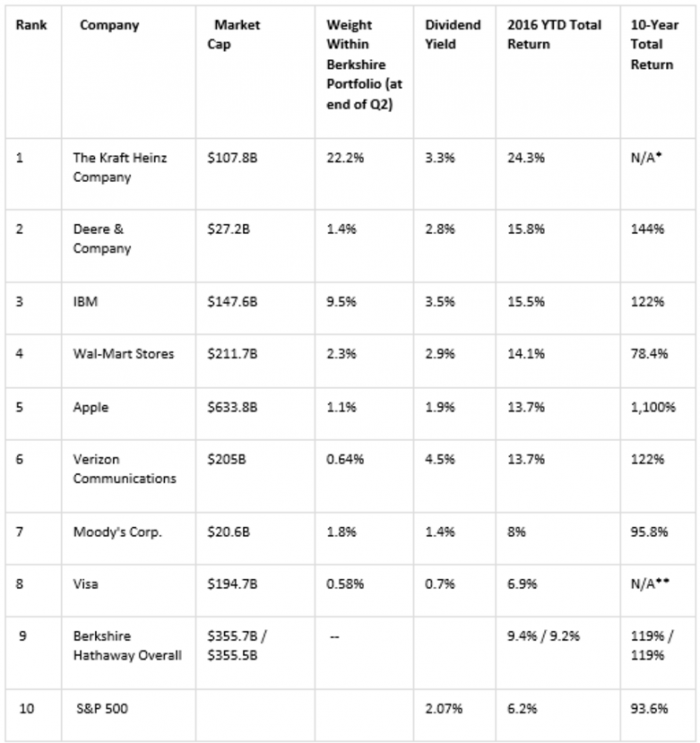|
Contents:
They both acknowledge that the world’s natural sources are value-neutral until utilized by capitalism and socialism similarities labor. Socialists contend that the government ought to control how labor is distributed, whereas capitalists state that market competition should do this. In the two political systems, there exist a kind of compensation whereby, capitalism system allows people to accumulate much wealth and property concerning the effort applied. The same can be witnessed in socialism economy where everyone receives a fair share according to his ability and his contribution. Everyone in society gets a share of the production based on how much they have contributed. This helps in increasing motivation and morale so that they can work long hours for them to receive more.
Here, the argument states that inequality is the force that drives and encourages innovation thereby pushing economic development. Socialism places its concerns on redistributing wealth and resources from the rich to the poor. This act is out of fairness in order to make sure that there is equality in opportunity and of outcome in place.
As a result, such social programs seem to prohibit religion which is a free exercise or others encourage atheism. There are many well documented government education programs which prohibit prayer and encourage atheism. The morality of Atheist is only a manifestation of the light reflected by biblical morality. Without the guiding light from the bible, atheist morality is likely to go off course. Finally, it degrades to level where immoral behaviors such as genocide turn to be acceptable. Critics further argue that socialism should not be allowed to exist in a government and socialist groups ought to support capitalism in their government since in capitalism they can freely exist. Join millions of people in learning anywhere, anytime — every dayInstead, the government—which owns or controls much of the economy’s resources—decides the whats, whens, and hows of production. The owners of the factors of production and consumers benefit most in a capitalist economy. The owners benefit from maximizing profit while consumers benefit from the production of high-quality goods sold at reasonable prices due to competition. This means that in a capitalist society, the upper class wields a great deal of power. The few who control the means of production make enormous profits; amass social, political, and cultural power; and establish laws that are detrimental to the rights and welfare of the working class. Marx calls for a proletariat, or working class, revolt and the installation of communism. Explains that socialism began in britain in 1902, when the socialist labor party was elected into the house of commons. One of the most memorable events was the securing of worker’s rights in 1918. Opines that socialism and capitalism are polar opposites but need help from each other in order to survive. Argues that socialism lacks motivation and competition, and the workforce is made equal, which destroys individual motivations. They determine the price of goods and services as well as where to invest. The free market or the laissez-faire economy carries out its operations without any form of checks and controls. In other words, there exists a minimum government interference in production activities. What are the pros and cons between capitalism and socialism?As a result, socialist groups like Kibbutzim and Mennonites abandoned areas such as Eastern Europe and Russia in favor of Israel and United States. Socialist society depends on willing contribution of every member of that society. In case of the less productive members within the society, that is not regarded as a problem. Nevertheless, if the most productive members in that society were able of being independent, that could be a problem. This is because if those members who are most productive depart from the collective, then the overall resources allocated to every member decreases. In case this repeatedly happens then socialism would collapse, since the only people who would remain are the less productive . 2 — Who owns the means of production, including factories, is what differentiates capitalism and socialism. The two systems are also comparable in that they are both based on ownership and management of the means of production. They both believe that increasing production is a good way to raise an economy’s standard of life. The laws and rules that the American government and its agencies enforce, however, have a significant impact on private companies. There is an https://1investing.in/ distribution of income to bridge the gap between rich and poor. Socialist Economy or Socialism is defined as an economy in which the resources are owned, managed and regulated by the State. The central idea of this kind of economy is that all the people have similar rights and in this way, each and every person can reap the fruits of planned production. Also keep in mind that just like socialism, capitalism exists on a spectrum.
In cases of economic hardship, the state will be able to order hiring in order to foster full employment. There also seems to be a stronger safety net or protection under socialism for the injured and permanently disabled as well as a conducive working environment. Those who are no longer able to work under the capitalist economy have fewer options available to them. The basic factor that makes capitalism and socialism similar is the fact that they consider labor and capital as the primary forces of an economy. They both agree with the fact that the world is endowed with diverse natural resources that human labor activates. Because of this, short-term problems such as unemployment will result. That means nobody or no group of people, or all of them together have the right to either obtain them or trade them and retain the receipts got from their sale confidentially. Their use is however determined by people not as the owners but as the caretakers of the things (Herman 19-22). Secondly, no individual or groups of people or all of them together has the right to engage in personal investment and form new personal means of production. Investment could be done only by caretakers, not for private profit but for the benefit of the community. However, democratic socialism also embraces aspects of capitalism—usually in terms of economic structure. Democratic socialism recognizes the importance of private enterprise, especially in terms of building national wealth. When the two are combined, though, capitalism is more tightly regulated by the government. 2000s — Corporate profits set record highs nearly every year, while real wages stagnate or decline from 1980 levels . History of SocialismHence collective ownership was regarded as an intermediary stage which would be replaced by the state ownership finally. On the other hand, in capitalism under property right it is evident there was division of labor, making of profit and uneven distribution of wealth and massive involvement in economic exchanges. That was portrayed as the only means of maintaining an individual existence which signify a great need for steady rules and enforcement system. That is mainly essential for property rights, and their transfer and their protection. As models for economic systems, the primary difference between capitalism and socialism is the extent to which the government controls the economy. Capitalists believe that private enterprise, or privately owned business, is better at using economic resources.
Finding new business ideas and applying them to production processes leads to rapid expansion, more employment opportunities, and greater income. Innovators enjoy the benefits of their research as they bring to existence things that never existed before. Every individual is free to pursue his own interest and satisfaction. While democracy is not absolutely essential to either of these systems, it is the most common form of government in capitalist countries and even in socialist countries. Explains that marx and engels wrote down the notions of reducing social inequality for their communist league, a small group of working-class leaders. Marxism became popular, even nationally, and lenin helped to clarify the communist theories. Explains that karl marx and frederich engels wrote the communist manifesto in the mid 1800s. Definition of CapitalismOne extreme thinks that everything, except the most private belongings, is public property. After deducting production and distribution expenses, the company’s investors are often entitled to a portion of any sales profit. These investors frequently put their profits back into the company to grow it and add new customers. Socialism is most often criticized for its provision of social services programs requiring high taxes that may decelerate economic growth. Basically, when the government attempts to control the economy, it ends up with problems. These problems include corruption, poor information, and lack of incentives.
Compares communism and socialism, both of which were adopted by different countries. Both shared multiple similarities in terms of how the economy should be run. Explains that capitalism is a natural state of market, where money is moved because of competition and desire. The government will never use money as efficiently, rapidly, and naturally as private corporations. Capitalism vs socialism differencesBecause socialism favors the community over the individual, the loss of freedoms and rights is deemed undemocratic at best and totalitarian at worst. Objectivist philosopher Ayn Rand stated that the right to private property is the fundamental right, for if one cannot own the fruits of one’s labors, then the person is always subject to the state. To provide their product or service, owners hire workers to whom they pay wages. The cost of raw materials, the retail price they charge consumers, and the amount they pay in wages are determined through the law of supply and demand and by competition. When multiple businesses market similar products and services to the same buyers, there is competition. Competition can be good for consumers because it can lead to lower prices and higher quality as businesses try to get consumers to buy from them rather than from their competitors. ESG scores similar to China’s social credit system, designed to transform society, think tank director says — Fox BusinessESG scores similar to China’s social credit system, designed to transform society, think tank director says. Posted: Wed, 18 May 2022 07:00:00 GMT [source] The concentration of money in capitalism can lead to the creation of monopolies or oligopolies. As postulated by British economist John Maynard Keynes, oligopolies and monopolies can then lead to oligarchies or fascism . Other socialists believe control should be decentralized so it can be exerted by those most affected by the industries being controlled. An example of this would be a town collectively owning and managing the businesses on which its residents depend.
There is no reward for competitors and business ventures under this system. The economic system does not encourage innovation as capitalism does. The system makes available balanced economic growth and development. Also, when the government distributes wealth to everyone, the citizens who put more effort into the production process feel less connected to the income they generated. Looking at socialism vs. capitalism systems around the world, examples of socialist economies include the People’s Republic of China, North Korea, and Vietnam. In a capitalisteconomy, there is private ownership of the means of production, an incentive to generate profit, and a competitive market for goods and services. |




